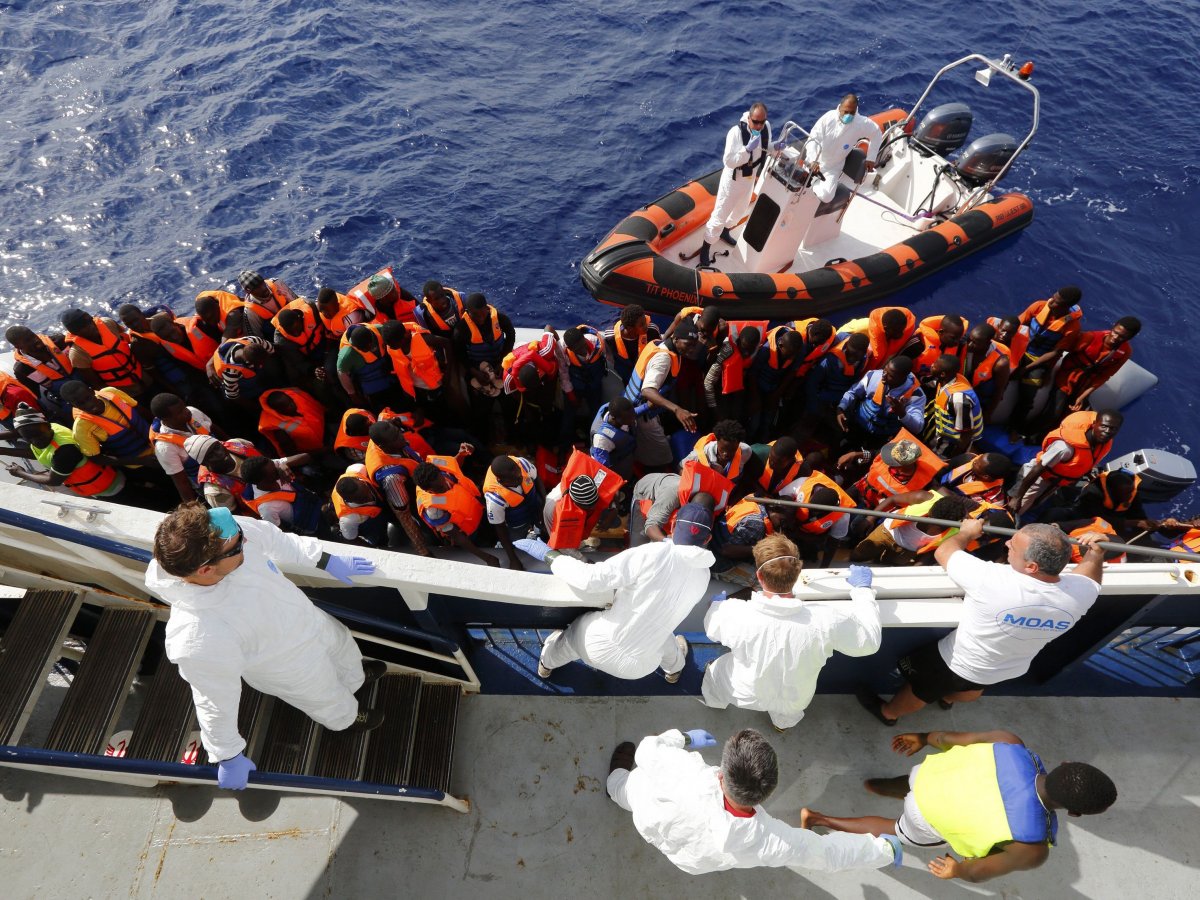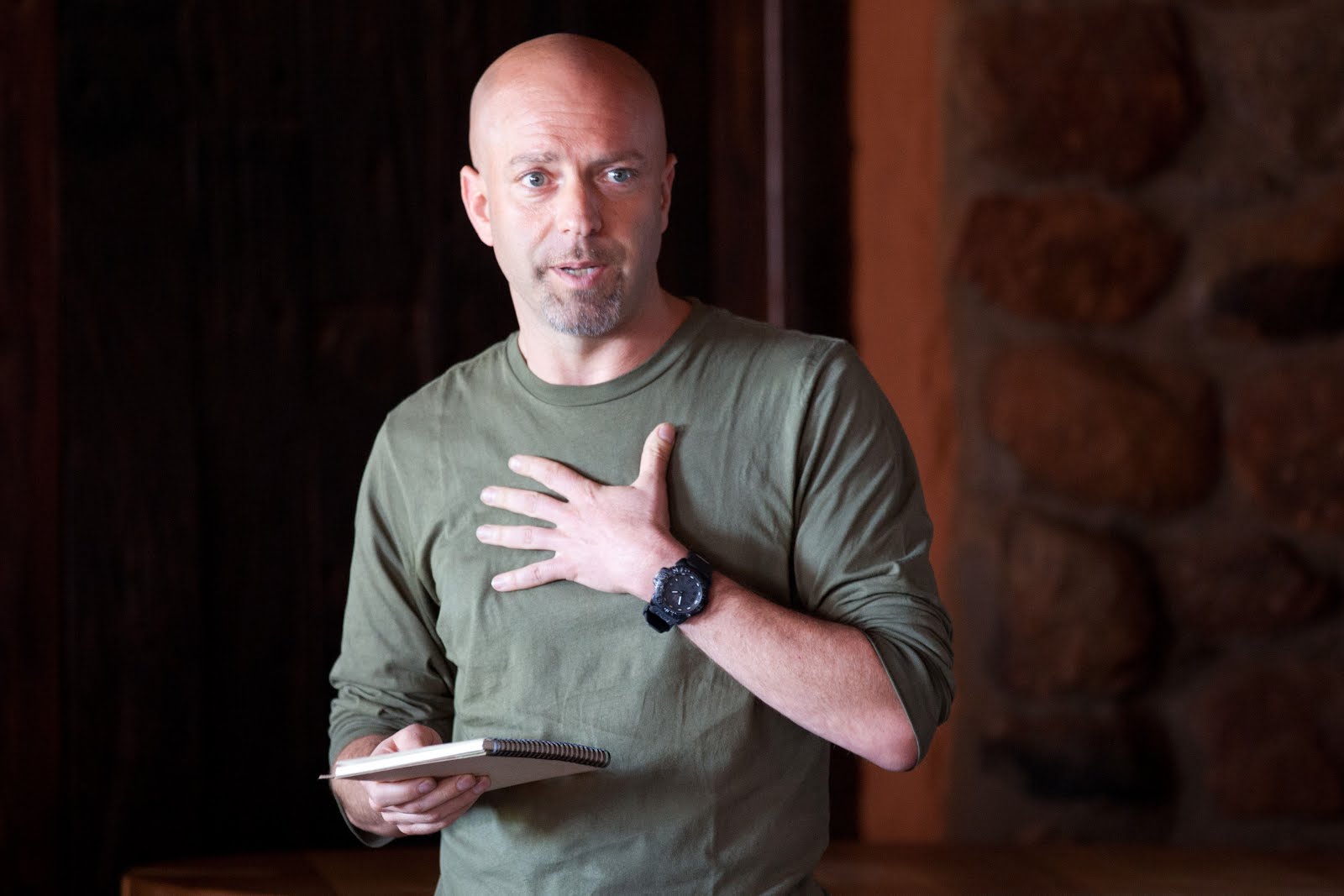[dropcap]S[/dropcap]eeking solutions and cooperation is the first step to take while dealing with multilateral issues like the migration crisis.
Africa Union
An important meeting took place back in 28th of November 2014 in which the member states created “The Khartoum process “also known as “EU- Horn of Africa Migration route”
The African union peace and security council formulates policies that can eventually help during the AU convention on cross-border cooperation.
In a nutshell, The African Union’s aim is to find ways to finance joint trainings, law enforcement operations, development programs as well as to look for funds to support mass awareness campaigns and to create cross-border centres dedicated for illegal migrants.
European Union
The EU supports African initiatives but it has its own initiatives as well. On May 2015, the European union agreed on launching a military operation with the sole aim of taking pragmatic and methodical measures to arrest smugglers and traffickers
The Maritime operation ran the obstacle of not catching these rogue kingpins since most of them leave the smuggling boats prior to exiting Libyan territorial waters.
Luckily, on October 2015 the UN security council permitted European maritime forces to seize smugglers and their boats on Libyan shorelines, but in order to access the Libyan territorial waters the naval forces need an approval from the Libyan government or the UN security council.

Sahan’s recommendations by Matthew Bryden
It is in the favour of every authority involved in this crisis to expand its cooperation beyond its borders and region. Joint efforts between Sudan and Ethiopia are not sufficient to eradicate these multilateral rogue operations between the horn of Africa and Europe. Only a similar counterpart collaboration will be to demolish such an intricate network. As stated in Sahan’s study “there are limits to what they (Sudan and Ethiopia) can achieve without cooperation from other concerned governments in Europe and the IGAD region, as well as intergovernmental bodies such as EUROPOL and INTERPOL.”
Sahan calls for allowing UN sanctions against smugglers and traffickers specially in the Libyan territory. The UN’s panel of expert on Libya ought to provide any information available to the authorities concerned with this issue of trafficking and smuggling to facilitate their national and bilateral/multilateral operations.
According to Sahan the EU need to improve its engagement and ponder about ways to engage the EUROPOL and IGAD to work together and launch joint operations.
IGAD’s efforts were central to Sahan’s study on “Human trafficking and smuggling on the horn of Africa-central Mediterranean route” as mentioned in the study “This study has been possible only in the context of IGAD’s Security Sector Program (ISSP)… More specifically, human smuggling and trafficking falls under the auspices of ISSP’s Transnational Organised Crime (TOC) pillar.” However, IGAD needs to increase its efforts to be able to face such challenging issue.
In accordance with Sahan’s recommendations, mass awareness campaigns need to be taken more seriously, because they can be an important step in decreasing the number of migrants.
Numerous solutions are available; they just need to be effectively and systematically applied.
Matthew Bryden is a Canadian political analyst who is now a director at a think tank called Sahan Research. He worked for several aid and political organizations in Somalia after witnessing the conditions in the region during his leave from the Canadian military in 1987. He served as the Coordinator for the Monitoring Group on Somalia and Eritrea (SEMG) from 2008-2012.
The opinions expressed in this article are solely those of the author.







